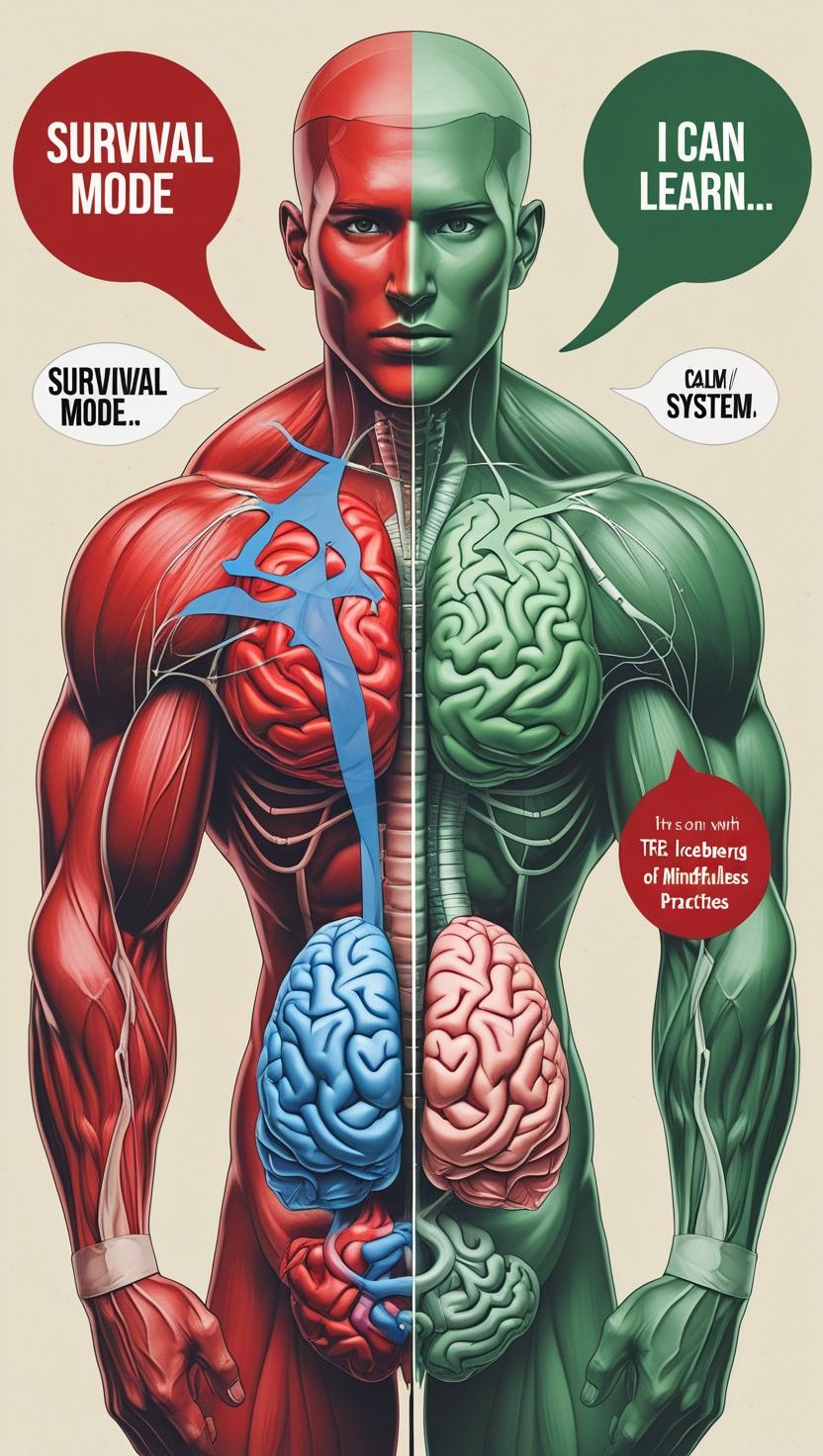Think You’re Healthier Alone? Science Says Isolation is More Dangerous Than Obesity After 50
Loneliness is more than a feeling — it’s a serious health risk. According to mounting evidence, social isolation in older adults can increase mortality risk more than obesity or physical inactivity. In fact, studies now equate chronic loneliness to smoking up to 15 cigarettes a day. Let that sink in.
As humans, we’re wired for connection. But with aging often comes reduced mobility, retirement, loss of peers, and withdrawal from social activities — all of which set the stage for silent suffering. In this article, we explore how strengthening your social fitness may be one of the most powerful longevity tools available.
1️⃣ The Hidden Health Dangers of Loneliness
🧠 Loneliness and Brain Health
Research from the National Institute on Aging shows that lonely individuals over 50 are at a higher risk of developing dementia and cognitive decline. Prolonged isolation leads to chronic stress, which disrupts neural communication and accelerates aging in the brain.
Key Stats:
- A 2020 study in The Journals of Gerontology found that socially isolated adults had a 40% increased risk of dementia.
- Social engagement helps maintain hippocampal volume, crucial for memory.
❤️ Cardiovascular and Immune System Impact
Chronic loneliness activates the body’s fight-or-flight response, flooding the system with cortisol. Over time, this increases blood pressure, inflammation, and weakens the immune system.
According to Harvard Health Publishing:
“Social connections not only give us pleasure, they also influence our long-term health — in ways every bit as powerful as adequate sleep, a good diet, and not smoking.”
2️⃣ How Connection Counters Disease and Drives Healthy Habits
🌿 Lowering Chronic Stress with Companionship
Even one or two close relationships significantly reduce stress hormone levels. Activities like walking with a friend, joining a gardening club, or taking a group art class are powerful buffers against stress-induced illness.
🧘♀️ Boosting Motivation and Self-Care
Strong relationships reinforce accountability, positivity, and daily routine — all critical for health in later life. People with regular social contact are more likely to:
- Stick to medication regimens
- Eat balanced meals
- Stay physically active
3️⃣ Simple Strategies to Flex Your Social Muscles After 50
🎨 Engage in Purposeful Social Activities
Forget small talk. Choose hobbies that foster connection through shared creativity or purpose:
- Join a singing group or community theater
- Volunteer with local nonprofits
- Attend free classes at your library or community center
🌳 Combine Nature with Connection
Spending time outdoors with others amplifies the benefits of both activities. Try:
- Weekly “walk and talk” meetups
- Forest bathing groups
- Group picnics with healthy potlucks
✅ Conclusion: How to Get Started Today
Flexing your social muscles is just as important as lifting weights or eating greens. Try setting a goal of one meaningful connection per day — even a heartfelt phone call or walk with a neighbor counts. And remember: the goal isn’t popularity, it’s authenticity.
Start small. Reach out. Join something. Invite someone. Your health will thank you.
Harvard Health: The Health Benefits of Strong Relationships
What are the health risks of loneliness after 50?
Loneliness increases risks of heart disease, stroke, dementia, and depression — and is associated with earlier mortality.
How does social connection improve longevity?
Social ties reduce chronic stress, boost immunity, support healthy habits, and promote cognitive function.
Can one close friendship be enough?
Yes. Even one meaningful relationship can dramatically reduce health risks and improve mental wellness.






